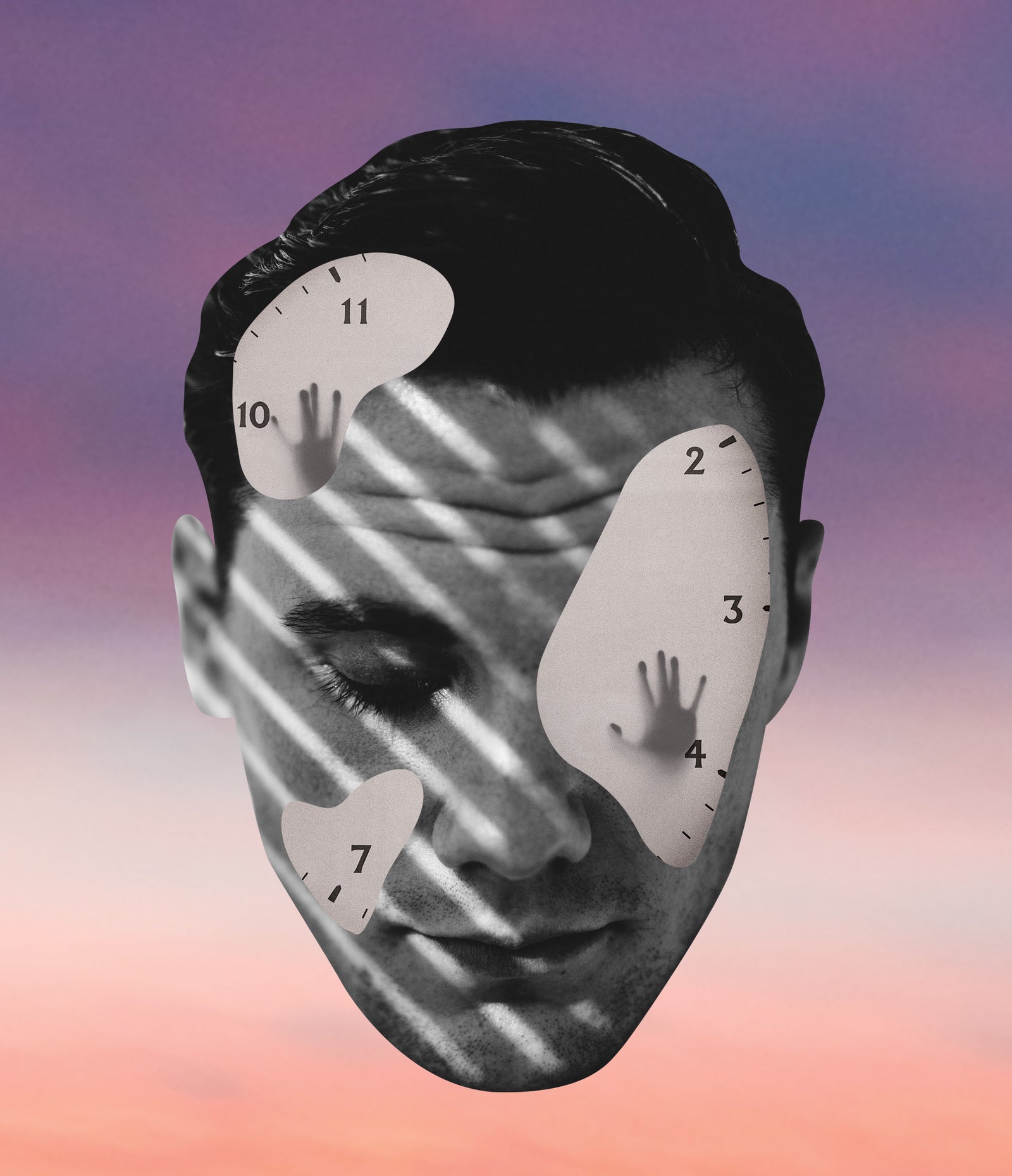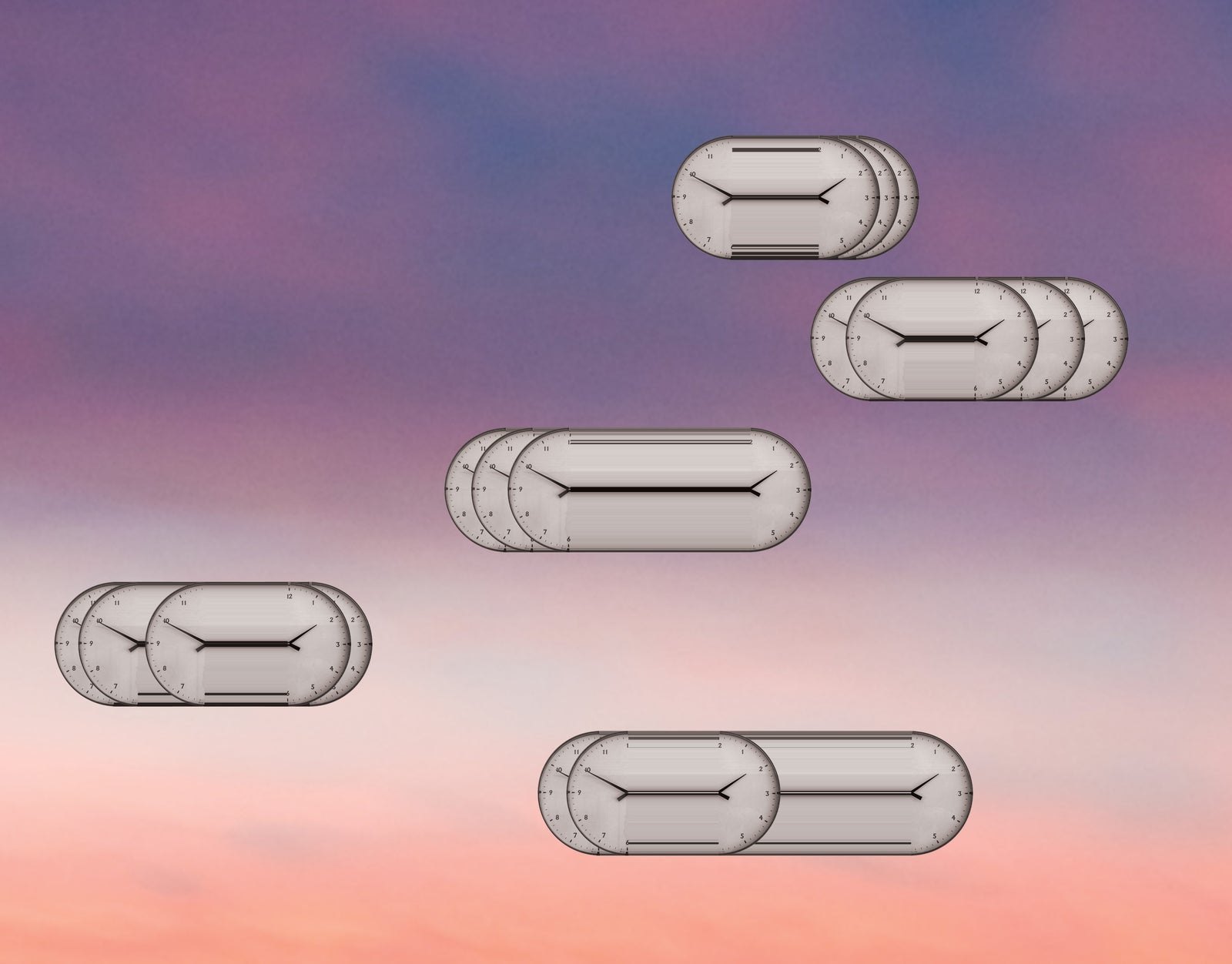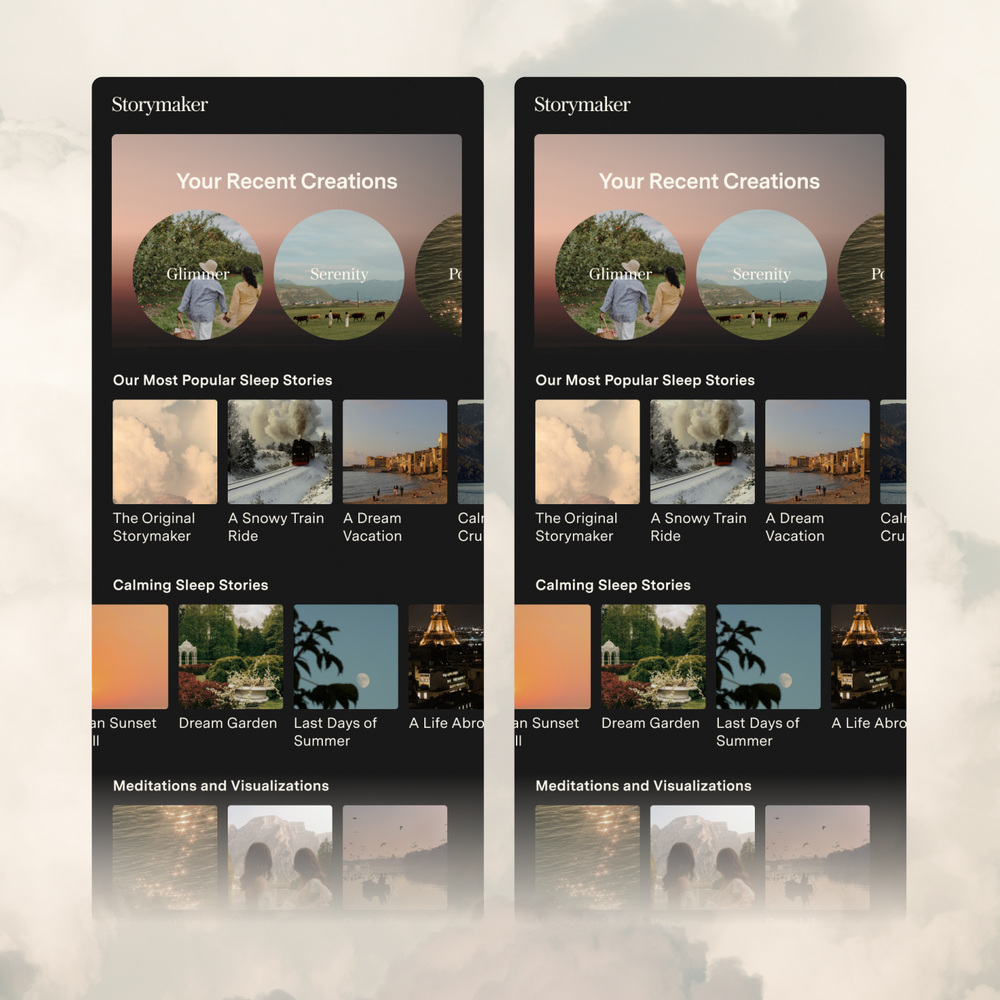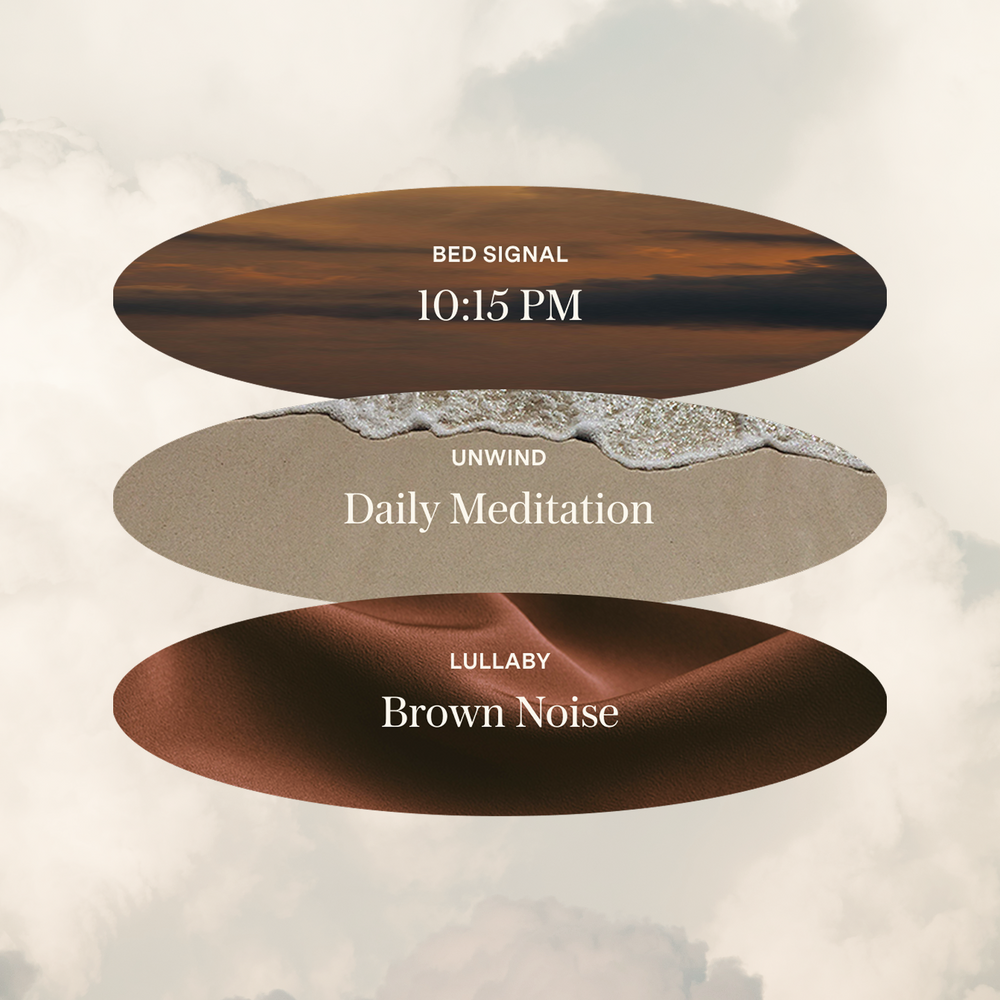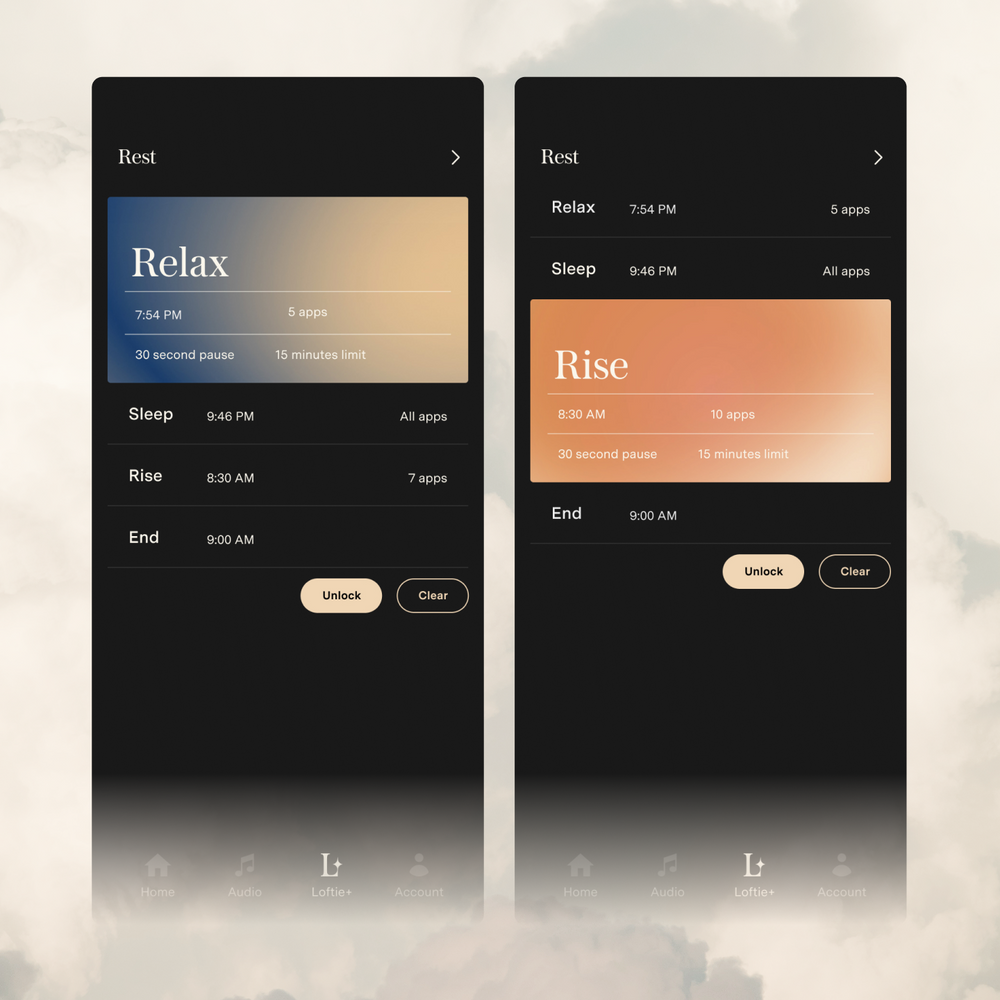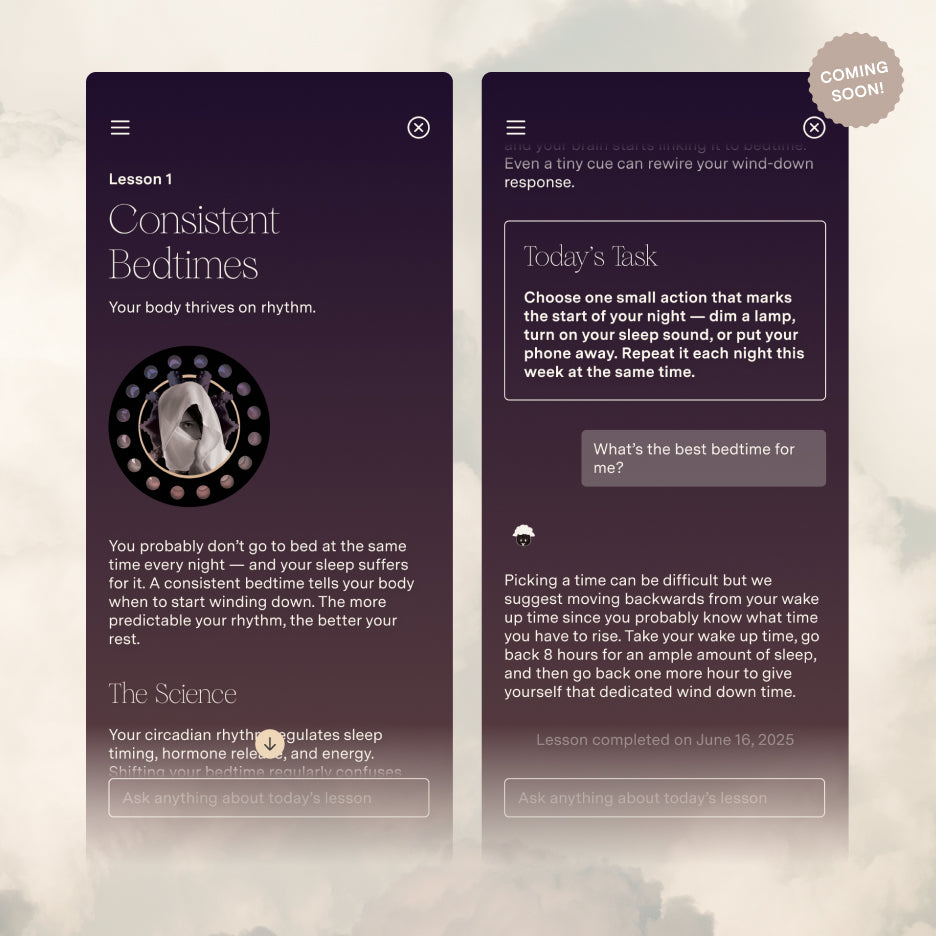We’re so excited you’ve decided to start on this journey to better sleep and wellness. It’s not always going to be easy or fun, but we truly believe that, with a little curiosity and commitment, by the end of this week you’ll have a better understanding of yourself and just how you snooze best.
Think of this page as a syllabus for Night School. If you ever get a little lost or wonder, why am I doing this again, come back here to be grounded. (Or reach out to us at nightschool@byloftie.com, we’re always around for a chat - when we’re not sleeping that is!)
What to Expect
Why Sleep School?
We’re sleeping wrong. Most of us are, anyway. Yet, we all do it every night. For various reasons, society has generally not deemed sleep worthy of the same attention as things like diet, exercise, attention span, or emotional health. Yet quality of sleep has a deep underlying effect on all these things and more. The data backs this up. Scientific studies have connected sleep to almost anything you’d consider important about your mind and body. Good sleepers are more likely to remember facts; they’re less prone to emotional outbursts; they are better drivers; and they are less likely to develop Alzheimer’s, cardiovascular disease, and certain forms of cancer.
We think of ourselves as modern, developed creatures, advanced enough to grasp concepts like cotton candy, combustion engines, and bitcoin (well, at least some of them). While technology has grown exponentially since the days when the sun was our only light source, our bodies and the biological systems that govern our sleep are still firmly stuck in prehistoric times. It’s up to us to use our contemporary knowledge and tools (often the same ones that have made sleep more difficult) to find ways to bring our sleep habits back into harmony with the way we are built as humans.
Sleep is at the root of so many aspects of our lives, and putting in the effort to enhance it is one of the most efficient ways to create a wide flowering of improvements that together lead to a happier, healthier, more peaceful way of being. The best part is that unlike a back-breaking exercise boot camp or a rigid one-raw-cabbage-a-day diet, you can greatly improve your sleep with a number of small, relatively simple changes that actually feel good to make.
It should be noted that we are not offering medical advice and the information we share is informational only. The information we provide should not be viewed as a substitute for medical advice or treatment. If you have a clinical sleep issue or condition (or think you might), you should seek the guidance of a medical professional.
What this course does offer is information on sleep. How it works, how it affects us, how we can affect it, and an overall new perspective on how we might approach sleep as an essential part of our well-being. This information will be combined with activities and access to community, all with that gentle nudge of outside accountability to ensure you’re putting in the effort to rest better.
